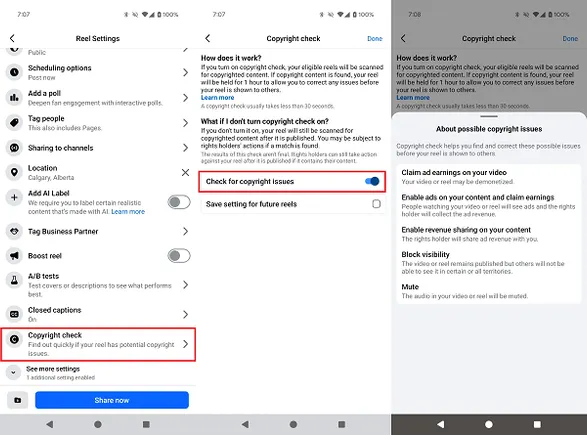Self-made millionaire’s No. 1 money tip for new grads: ‘Do this for as long as you can, and you will be a multimillionaire’
Ramit Sethi says new college graduates who make this money move will set themselves up for a "lifetime of living a rich life." How to get started.

As thousands of graduates turn the tassel on their college years, many may be learning how to manage their money on their own for the first time.
Although that can feel both exciting and overwhelming, Ramit Sethi, a self-made millionaire, author and the host of the "I Will Teach You to Be Rich" podcast, says there's one relatively "simple" step new grads can make that will set them up for future financial success.
"You've got to invest 10% of your salary every year," he tells CNBC Make It. "And at the end of the year, increase that by 1%. Do this for as long as you can and you will be a multimillionaire."
Here's how to get started.
How to begin investing
A simple way to get started is by purchasing low-cost index funds, Sethi says. Index funds track market indexes like the S&P 500, which follows the stock performance of around 500 large U.S. publicly traded companies, such as Microsoft, Apple and Nvidia.
By investing in an index fund, your money is spread across a wide range of companies, which automatically diversifies your portfolio. And since index funds are passively managed and simply aim to mimic a market index's performance and returns, they tend to have lower costs than actively managed funds.
To get started, you'll need to open a brokerage account, traditional IRA, Roth IRA or other investment account. You'll typically need to provide identifying information, such as a driver's license or passport, your Social Security number and personal financial details.
Once you have your account, you can begin making deposits. This can usually be done by connecting the account to your bank account.
But don't let your funds simply sit in your brokerage account. You'll need to go one step further and decide which funds you'd like to invest in. Once you've done that, you may want to consider setting up automatically recurring deposits so your investment continues to grow.
Building wealth takes time
If 10% seems steep to you, don't panic. It's OK to start by setting aside what you can and work your way up to a larger portion of your income down the road.
When it comes to investing, the key is to start sooner rather than later. That's because when you begin early, you give your money a longer amount of time to grow through the power of compound interest. With compound interest, you earn interest on both your contribution and the interest it earns over time.
Say you invest $1,000 and earn an annualized return of 7%. By the next year, your investment would have grown to $1,070. In year two, you'd earn 7% on your entire balance, not just your initial investment of $1,000.
Even with smaller amounts, those savings can add up over time. If you begin contributing $100 a week toward an investment account that generates a 7% annual rate of return starting at age 21, by the time you reach age 65, your total will have grown to over $1.4 million, per CNBC's calculations.
"By starting at your college graduation with your first job, you will set yourself up for a lifetime of living a rich life," Sethi says.
Want to be a successful, confident communicator? Take CNBC's new online course Become an Effective Communicator: Master Public Speaking. We'll teach you how to speak clearly and confidently, calm your nerves, what to say and not say, and body language techniques to make a great first impression. Preregister today and use code EARLYBIRD for an introductory discount of 30% off through July 10, 2024.
Plus, sign up for CNBC Make It's newsletter to get tips and tricks for success at work, with money and in life.


 Tfoso
Tfoso 






























